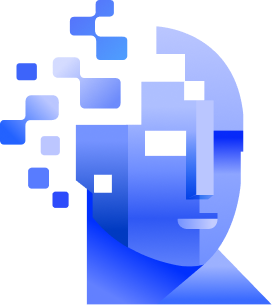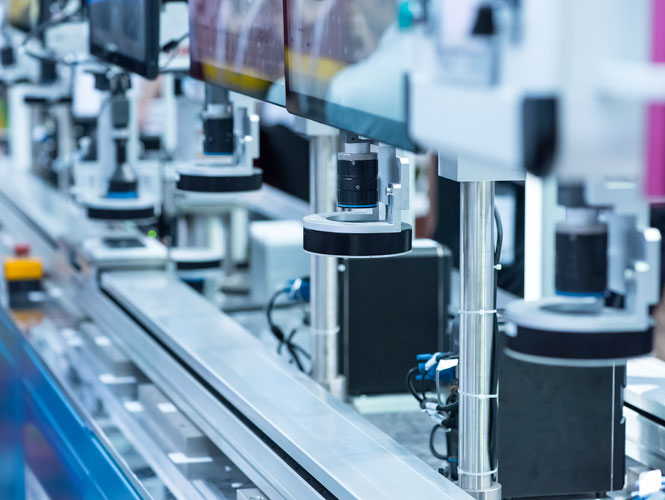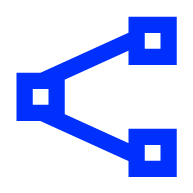Quality Control, Computer Vision, Manufacturing
A major FMCG manufacturer wanted to improve the efficiency of their production line by performing automated quality checks on the spot. Real-time detection is key as the longer the detection period, the more will be the accumulated loss due to defective products.
We designed a Deep Learning based Computer Vision model to detect defects and perform defect segmentation (categorize the defects) in real-time, leading to more efficient production process, higher quality of final product, and improved profitability. The model learns from defects and the processes is documented by the company’s Quality Assurance (QA) Specialists. The CV model is deployed at the edge, on multiple machines on the production line in order to detect, categorize and alert operators in real-time.
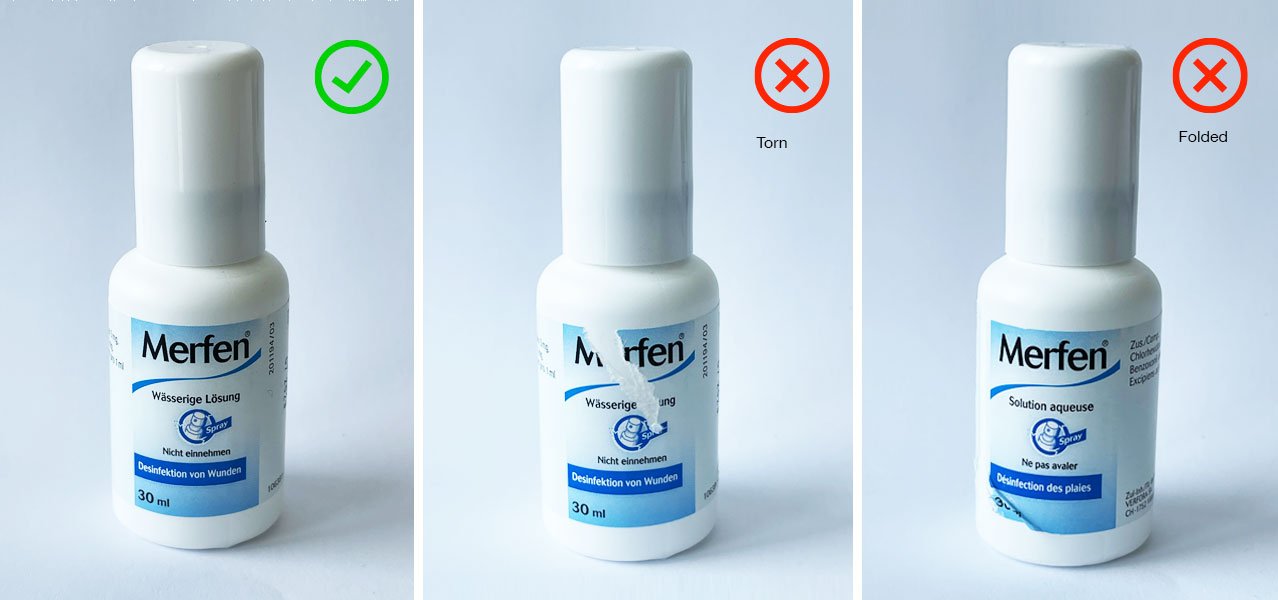
Solution
Deep Learning
Designed a Deep Learning based Computer Vision application to detect defects/defect segmentation – trained on 5000+ images.
Edge Deploment
Edge deployment of the CV model providing real-time defect detection.
Technology Stack
A DigiFlex camera setup was used to capture images of the “defects”, which were then manually labeled. Deep Learning based Computer Vision algorithms were used to perform semantic segmentation and image classification. The Deep Learning algorithms were implemented on a Keras/TensorFlow backend in Python. AWS Sagemaker platform was leveraged to handle model training and deployment.
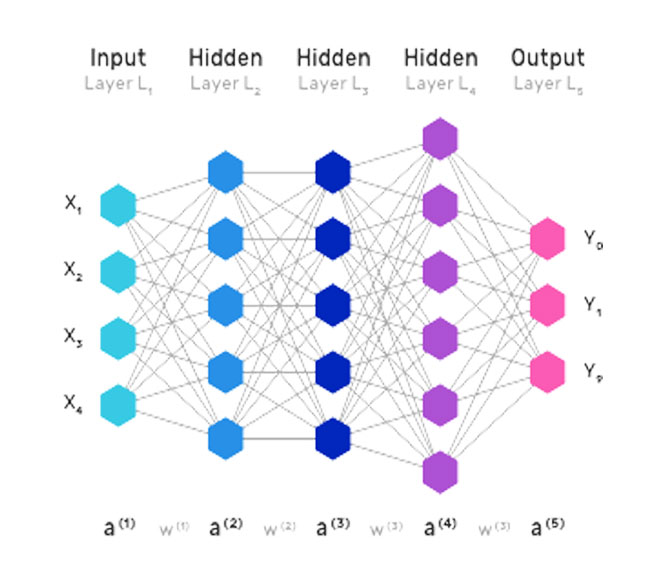
Business Value Outcome
Delivered a functional prototype that validated the feasibility of performing automated quality checks at scale and in real-time. In this use case we were able to deliver:
- Prototype deployed in R&D Lab setting
- Perform defect detection, facilitating the manual inspection process for complex defects.

Edge AI Potential
Discover the real value that Edge AI technology can bring to your business
Contact
